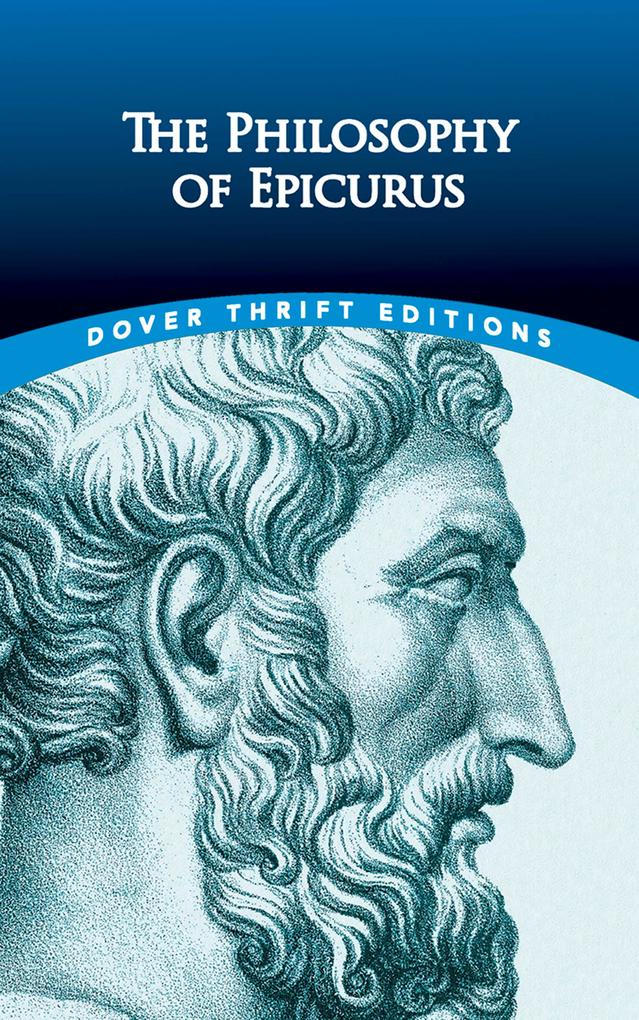
Sofort lieferbar (Download)
Despite its modern-day connotations of hedonism, "Epicureanism" has more to do with living a mindful, uncomplicated life. Epicurus who was born at Samos, Greece, in 341 BC and died at Athens in 270 BC founded a school of philosophy that focused on maximizing simple pleasures and minimizing pain, such as the irrational fear of death. "Death is nothing to us," declared Epicurus, "since when we are, death has not come, and when death has come, we are not."
The philosopher did not believe that humans would be punished for their sins after death, and he stressed the lifelong search for lasting pleasures: tranquility, friendship, and philosophical inquiry. Although Epicurus was a prolific author, very few of his writings have survived. This volume, edited and translated by George K. Strodach, features three important letters and a collection of observations preserved by the biographer of ancient philosophers, Diogenes Laertius. Students of philosophy and ancient history will appreciate this compilation of Epicurus's enduring wisdom.
The philosopher did not believe that humans would be punished for their sins after death, and he stressed the lifelong search for lasting pleasures: tranquility, friendship, and philosophical inquiry. Although Epicurus was a prolific author, very few of his writings have survived. This volume, edited and translated by George K. Strodach, features three important letters and a collection of observations preserved by the biographer of ancient philosophers, Diogenes Laertius. Students of philosophy and ancient history will appreciate this compilation of Epicurus's enduring wisdom.
Mehr aus dieser Reihe
Produktdetails
Erscheinungsdatum
13. November 2019
Sprache
englisch
Seitenanzahl
272
Dateigröße
1,11 MB
Reihe
Dover Thrift Editions: Philosophy
Autor/Autorin
Epicurus
Herausgegeben von
George K. Strodach
Verlag/Hersteller
Kopierschutz
mit Adobe-DRM-Kopierschutz
Produktart
EBOOK
Dateiformat
EPUB
ISBN
9780486845104
Entdecken Sie mehr
Bewertungen
0 Bewertungen
Es wurden noch keine Bewertungen abgegeben. Schreiben Sie die erste Bewertung zu "The Philosophy of Epicurus" und helfen Sie damit anderen bei der Kaufentscheidung.


































